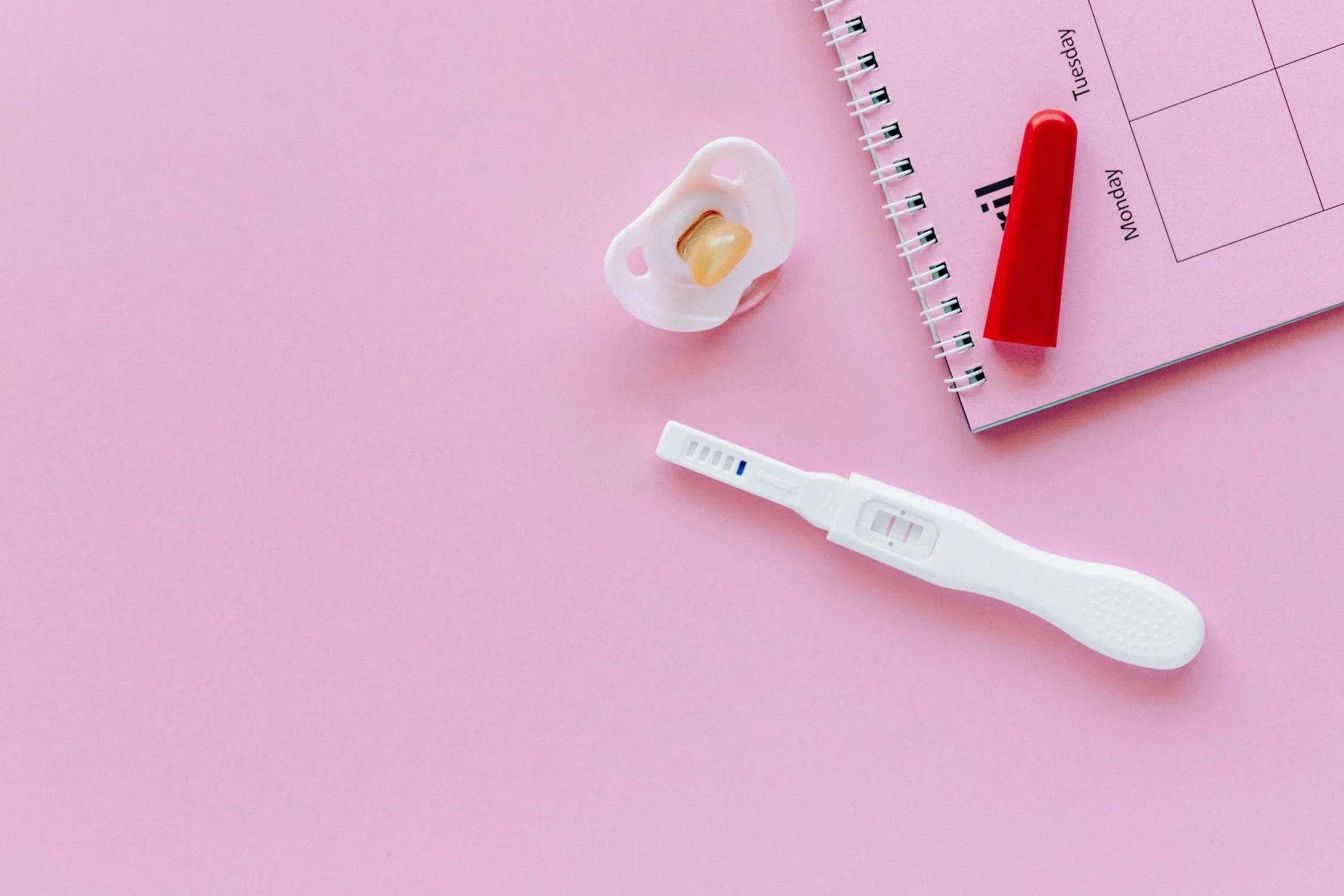Startseite
Pregnancy, Breastfeeding, and Pumping: The Ultimate Guide for Moms
How Soon After Sex Should You Take a Pregnancy Test

How Soon After Sex Should You Take a Pregnancy Test
When it comes to determining whether you’re pregnant, timing is everything. Taking a pregnancy test too soon can lead to inaccurate results, while waiting too long can cause unnecessary stress. So, how soon after sex should you take a pregnancy test? This article dives deep into the science behind pregnancy tests, the factors that influence their accuracy, and the best practices for ensuring reliable results.
Understanding Pregnancy Tests
Pregnancy tests work by detecting the presence of human chorionic gonadotropin (hCG), a hormone produced by the placenta shortly after a fertilized egg attaches to the uterine lining. hCG levels increase rapidly in the early stages of pregnancy, doubling approximately every 48 to 72 hours. Most home pregnancy tests are designed to detect hCG in urine, while blood tests conducted by healthcare providers can detect even lower levels of the hormone.
How Soon Can You Take a Pregnancy Test?
The timing of a pregnancy test depends on several factors, including the sensitivity of the test, the regularity of your menstrual cycle, and when ovulation occurred. Here’s a breakdown of the key considerations:
1. Test Sensitivity
Pregnancy tests vary in their sensitivity to hCG. Some tests can detect hCG levels as low as 10 mIU/mL, while others require levels of 25 mIU/mL or higher. High-sensitivity tests can provide accurate results earlier, but they may also be more prone to false positives.
2. Menstrual Cycle Regularity
If you have a regular menstrual cycle, it’s easier to predict when to take a pregnancy test. For most women, the best time to test is after a missed period. However, if your cycle is irregular, determining the optimal testing window can be more challenging.
3. Ovulation Timing
Ovulation typically occurs around the midpoint of your menstrual cycle. After ovulation, it takes about 6 to 12 days for a fertilized egg to implant in the uterus. Once implantation occurs, hCG production begins. Testing too soon after sex may not yield accurate results because hCG levels may not yet be detectable.
When Is the Best Time to Take a Pregnancy Test?
For the most accurate results, it’s generally recommended to wait until at least one week after a missed period to take a pregnancy test. However, if you suspect you might be pregnant and can’t wait, some high-sensitivity tests claim to provide accurate results as early as 6 to 8 days after ovulation. Keep in mind that testing this early increases the risk of a false negative.
Factors That Can Affect Test Accuracy
Several factors can influence the accuracy of a pregnancy test, including:
1. Testing Too Early
As mentioned earlier, taking a test too soon after sex can result in a false negative. This occurs because hCG levels may not yet be high enough to detect.
2. Improper Test Usage
Not following the instructions on the pregnancy test can lead to inaccurate results. For example, using expired tests, testing at the wrong time of day, or misreading the results can all affect the outcome.
3. Medical Conditions
Certain medical conditions, such as ovarian cysts or recent miscarriages, can cause elevated hCG levels and lead to false positives. Additionally, fertility treatments that involve hCG injections can also affect test results.
What to Do If You Get a Positive Result
If your pregnancy test is positive, it’s important to confirm the result with a healthcare provider. They can perform a blood test or ultrasound to confirm the pregnancy and provide guidance on next steps. Early prenatal care is crucial for ensuring a healthy pregnancy.
What to Do If You Get a Negative Result
A negative result doesn’t always mean you’re not pregnant. If you tested early and suspect you might still be pregnant, wait a few days and test again. If your period is significantly late and you continue to receive negative results, consult a healthcare provider to rule out other potential causes.
Tips for Taking a Pregnancy Test
To maximize the accuracy of your pregnancy test, follow these tips:
- Use your first-morning urine, as it contains the highest concentration of hCG.
- Read the instructions carefully and follow them precisely.
- Check the expiration date of the test before using it.
- Avoid drinking excessive fluids before testing, as this can dilute hCG levels.
Emotional Considerations
Waiting to take a pregnancy test can be an emotional rollercoaster. Whether you’re hoping for a positive or negative result, it’s important to manage your expectations and prepare for either outcome. Surround yourself with supportive friends or family members, and don’t hesitate to seek professional guidance if needed.
Knowing how soon after sex to take a pregnancy test can make all the difference in getting accurate results. By understanding the science behind pregnancy tests, considering the factors that influence their accuracy, and following best practices, you can approach the process with confidence. Remember, whether you’re trying to conceive or avoid pregnancy, knowledge is your greatest ally.
Teilen
